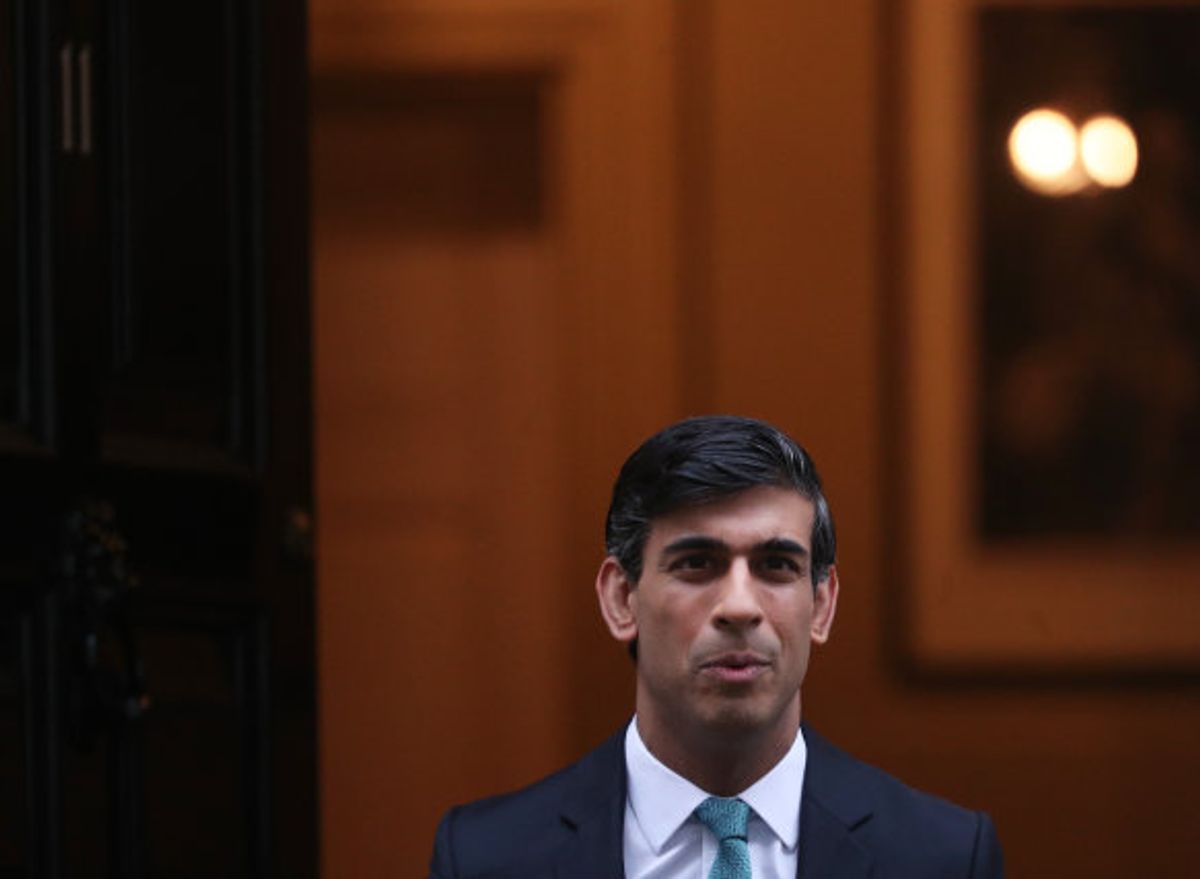In a sobering Spending Review announcement yesterday, the British chancellor Rishi Sunak warned that the UK economy is expected to shrink by 11.3% in what forecasters predict will be the biggest economic decline in 300 years. Borrowing will hit £394bn in 2021, equivalent to 19% of GDP, the highest recorded level in peacetime history.
However, the picture is not entirely bleak. The Department for Culture, Media and Sport (DCMS) is set to receive a slight boost—2.3%—in spending, though there is no additional funding from the £280bn Covid-19 budget. This review only covers the period from April 2021 to April 2022.
National museums, many of which were not eligible or did not apply for the government’s £1.57bn emergency bailout for the arts, will no doubt have welcomed the announcement that £320m has been ring-fenced for grant-in-aid, which marks a slight increase on last year. A senior figure in a national museum says: “Maintaining the grant-in-aid at last year’s level is an achievement of sorts, but the Treasury haven’t decided on what additional Covid-19 compensation we’ll receive.”
That sense of relief was likely short-lived as the government announced today its new tier system of restrictions across England, with museums in tier three areas including Manchester, Birmingham, Newcastle-Upon-Tyne, Leeds, Hull, City of Wolverhampton, Blackpool, Kent and Coventry learning they cannot reopen when the current national lockdown ends on 2 December.
As part of the Spending Review, £150m has been allocated to “cultural and heritage infrastructure”, including £95m towards the development of British Library North in Leeds City Centre. A further £100m goes towards capital investment, for essential maintenance and repairs.
A spokeswoman for Arts Council England says: “Yesterday’s Spending Review set out spending plans for central government departments. In the coming days we will continue our discussions with the government on how these funds will be allocated across DCMS arms-length bodies, including the Arts Council.”
There appears to be a pivot away from the capital in what some describe as a cynical bid to win marginal Tory seats in the Midlands and north of England.
Sunak says that museums will benefit from a new £4bn levelling up fund, primarily targeting institutions in the regions. “Projects must have real impact,” he says. “They must be delivered within this parliament and they must command local support, including from their member of parliament."
“This is about funding the infrastructure of everyday life: a new bypass, upgraded railway stations, less traffic, more libraries, museums, and galleries; better high streets and town centres,” he adds.
The UK National Museum Directors’ Council, which represents national collections, says that it “welcomes government’s commitment to addressing the capital funding needs of national and regional museums, and looks forward to museums making a major contribution to levelling up through the £4bn levelling up fund.”
However, the Times reports that no policy work was carried out on the new initiative. A Whitehall official told the newspaper: “They have quite obviously taken aid and put it into a ribbon-cutting fund for marginals. This is as cynical as it looks from the joint economic unit in Downing Street. They’ve dropped any pretence of anything strategic [...] as was evident from there being no mention of devolution or Local Enterprise Partnerships or work that’s already gone into identifying areas of need.”
Sunak glaringly failed to mention Brexit during his speech in parliament, but Festival UK*2022, the controversial UK-wide event championing the country’s innovation and creativity in the wake of coronavirus and Brexit, is due to receive £29m in the second of four tranches of funding totalling £120m. The festival moved a step closer earlier this month with the announcement of 30 teams that will develop preliminary projects.
Critics lambasted the investment, however. The Labour MP Luke Pollard tweeted: “The Government said they couldn’t find £20m to feed hungry children over the school holidays, but they can find £29m for a festival of Brexit.”


